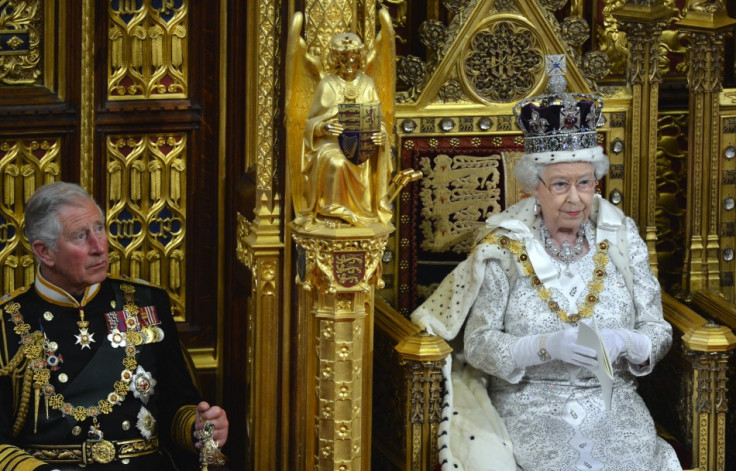Did the Queen Just Resurrect the Snooper's Charter?
In her annual speech, Queen Elizabeth spoke about proposals to help investigate "crime in cyberspace" sparking debate that the unsuccessful and highly-criticised Snooper's Charter could be back on the agenda.

Last month Deputy Prime Minister Nick Clegg said the Communications Data Bill went too far and was thrown out. The Bill, dubbed by its opponents as the Snooper's Charter, proposed to force UK internet service providers (ISPs) to retain the information relating to their customers online activity for up to one year.
While the Bill seemed to be dead in the water, and wasn't officially mentioned by the Queen, she did suggest the government was planning on implementing at least some of the proposals the Bill suggested.
Opening the new session of parliament and outlining the plans of the Coalition government for the next year, the Queen said the proposals would address "the problem of matching Internet protocol addresses" which lies at the heart of the problem for the police in the UK.
At the moment, police can monitor phone calls and text messages and are able to pinpoint who, where and when the call was made. However the same cannot be said for communications over the internet.
Who, when and where
Because of the way the internet works, IP addresses are often assigned to multiple users at once, making it difficult to assess where or when an email, instant message or Skype call was sent. Users are also assigned different IP addresses each time they log into their machines.
Attempting to address this was the Communications Data Bill, which proposed to give police access to the who, when and where of messages sent over internet though not the content of those messages. Police would also have had the power to monitor which websites people were visiting.
According government briefing notes on the Queen's Speech the need to know this information is still there: "In order to know who has actually sent an email or made a Skype call, the police need to know who used a certain IP address at a given point in time. Without this, if a suspect used the Internet to communicate instead of making a phone call, it may not be possible for the police to identify them.
"The government is looking at ways of addressing this issue with CSPs [communication service providers]. It may involve legislation."
Moving quickly
The problem facing the police in the UK is that criminals are moving quickly from using traditional phone calls and text messages to using calls made over the internet using services like Skype or instant messaging services such as WhatsApp, Viber and Apple's iMessage app.
The situation is further muddied by the use of more sophisticated systems such as Tor and VPNs which make it virtually impossible to track online communications.
One possible solution would be to completely change the system of attributing IP addresses, whereby every user online would have a specific IP address tied to each devices they used. However this would require a fundamental shift in the way the internet works and would require international agreement - something which is increasingly difficult to facilitate in the realm of the internet.
Remaining vague
The Home Office is remaining vague on what plans it has in place following the collapse of the Communications Data Bill, which was first introduced officially by the Queen in her speech this time last year.
The problem remains for the government of trying to strike a balance between giving the police the powers to track criminals online, while at the same time protect the privacy of UK citizens.
It seems clear from the Queen's Speech that this is not a problem which is going to go away anytime soon, though it's unlikely the government will make the same mistake of trying to go too far, too quickly.
Another problem for the government will be in relation to resources. Since May 2010, the government has spent £405m on what is called the Communications Capabilities Development Project. While the government has insisted this money has not been spent on the much-criticised and now canned Snooper's Charter, it is difficult to see where else it has been spent.
The official line from the government is that it has been spent on "sustaining and enhancing existing capabilities."
© Copyright IBTimes 2025. All rights reserved.






















